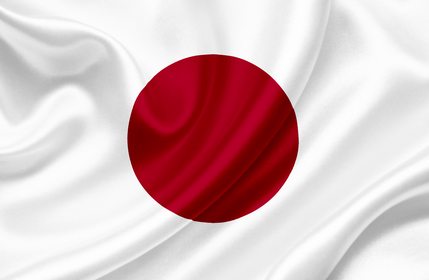Japan Takes South Korea To WTO Over Fukushima-Related Food Import Restrictions
Japan Takes South Korea To WTO Over Fukushima-Related Food Import Restrictions
Excerpt from: AJOT | By: Reuters | May 21 2015
Japan launched a trade complaint at the World Trade Organization to challenge South Korea’s import bans and additional testing requirements for Japanese food after the 2011 Fukushima nuclear disaster.
South Korea expressed regret at Japan’s action and said its ban on some Japanese seafood was necessary and reflected safety concerns.
Japan says several measures taken by South Korea violate the WTO’s sanitary and phyto-sanitary (SPS) agreement and Seoul has failed to justify its trade restrictions as required, the WTO said in a statement.
Under WTO rules, South Korea has 60 days in which to deal with Japan’s concerns in bilateral talks. After that Japan could ask the WTO to adjudicate on the matter.
“In upcoming talks with Japan, we plan to explain fully that the import ban is necessary for people’s safety, and actively deal with Japan over the issue they raised based upon WTO’s dispute settlement procedures,” South Korea’s trade, agriculture, foreign affairs and other related ministries said in a joint statement.
Details of Japan‘s complaint were not immediately available, but Japan has repeatedly raised the issue in committee meetings at the WTO, where it has also voiced concerns about Fukushima-related trade restrictions imposed by Taiwan and China.
Japan’s representative told the WTO’s SPS committee in March that radioactive levels in Japanese food had declined substantially since the accident. It noted that the United States, Australia, the European Union, Singapore and Vietnam had all lifted or eased their Fukushima-related restrictions.
{Photo Source: Depositphotos.com/Alexis84}
South Korea extended its ban on Japanese fishery imports in September of 2013 to cover imports from eight Japanese prefectures, including Fukushima.
Last October, the Japanese representative at the WTO committee said contamination levels in more than 99 percent of food items were below standard limits, and strict measures prevented the sale or export of any food exceeding those limits.
South Korea’s representative told the same meeting that its restrictions were in line with the WTO rules, but Japan had not provided it with sufficient data for an objective and science-based risk assessment.
Japan’s representative also cited an assessment from the International Atomic Energy Agency in September 2014, which found its measures to deal with contamination were appropriate, according to minutes of the WTO committee.
The average annual value of South Korean imports of Japanese fish and seafood was $96 million in 2012-2014, less than half the average of $213 million in 2006-2010, according from data from the International Trade Centre in Geneva.
